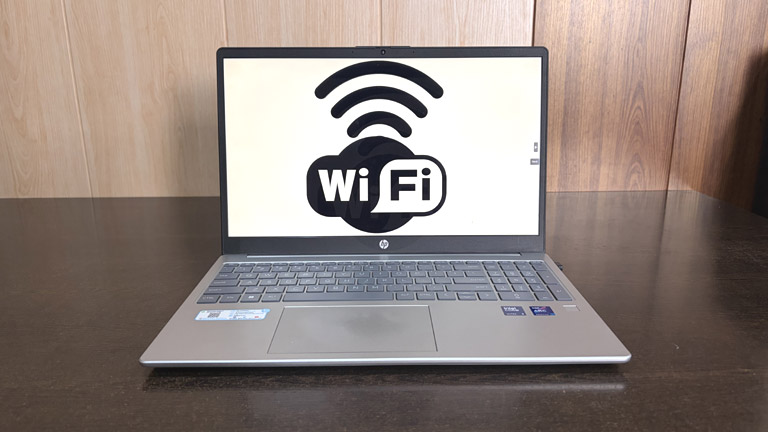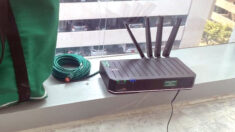
Today, the internet has become a necessary part of our lives, and we often connect to Wi-Fi at home, work, or even at a café without thinking it is safe or not. So, did you know that this connection isn’t always secure? According to a 2023 survey, approximately 43% of people reported experiencing a security breach while using public Wi-Fi. Home and office networks also require caution – one survey found that 52% of users don’t change their router’s default settings. Given these statistics, an important question arises: Which network is more secure: home Wi-Fi, office Wi-Fi, or crowded public Wi-Fi? Let us compare these security concerns of these networks.
Home Wi-Fi Security
Home Wi-Fi networks are typically private and offer several options for securing them. Modern routers typically offer WPA2 or WPA3 encryption, which allows connection only if you know the password. Home internet is only for a limited number of users, like your family or household members; no outsider can access your internet if you don’t share your password with them. Nevertheless, home security remains strong as long as you take some basic measures. A summary of the key points is as follows:
- Modern routers offer WPA2 or WPA3 encryption, which ensures data is encrypted.
- The network password is set by your family, so you know who is connected.
- A survey shows that 52% of users don’t change the router’s factory settings. This means that many homes still rely on default passwords and settings, making it easy for hackers. So change the router’s default password to make your wi-fi more secure.
All of this means that your home Wi-Fi is your own personal network, so you can secure it as you see fit. If you choose a strong password, update your router regularly, and don’t allow unknown devices to access it.
Business Wi-Fi Network Security
Office or business networks typically have an additional layer of security measures because of the amount of sensitive information they transfer. Large office networks often use WPA2-Enterprise or WPA3 encryption, with unique usernames and passwords for each employee. Also, security features such as firewalls, advanced antivirus software, and continuous network monitoring are implemented. IT teams regularly update the firmware of routers and access points to help combat new threats. Key security aspects include:
- Office networks typically implement WPA2-Enterprise or WPA3 encryption, with each employee having a unique password.
- Firewalls, antivirus software, and other security tools run in the background and monitor suspicious activity.
- IT teams regularly check network logs and access records, allowing immediate action to be taken against unauthorized access.
These measures make office Wi-Fi generally highly secure. But even businesses aren’t completely safe. A 2025 survey found that nearly 79% of small businesses had suffered at least one cyberattack in the past five years.
This data shows that no matter how robust security systems are, modern hackers still target business networks. However, business (office) Wi-Fi networks are generally considered more secure than home networks because they feature expert monitoring and enterprise-grade encryption.
Public Wi-Fi
Public Wi-Fi networks are mostly used in hotels, airports, libraries, or cafes, which are considered the most insecure option. Security on these networks is very lax because anyone can easily connect, and there’s no central monitoring. The risks of public networks are as follows:
- In many places, Wi-Fi is open (no password) or has very weak passwords.
- Anyone can easily connect to these networks, making it easier for hackers to install fraudulent devices.
- Hackers can use evil twin technology to create fake hotspots and defraud users and steal sensitive data.
- Through man-in-the-middle attacks and packet sniffing, hackers can intercept your data.
Due to these threats, the security of your data on public Wi-Fi is often at risk. A 2025 survey revealed that approximately 25% of people experienced some security issue after using public Wi-Fi. This means that one in four people has experienced some security incident on such a network. Therefore, one should always be extremely cautious when using public Wi-Fi, for example, using strong security tools (such as a VPN) only when necessary. Also, don’t do online payments, file sharing, log in with a password on social media, and verify the network’s legitimacy to protect against hackers.
Important note,
Based on these analyses, it is clear that public Wi-Fi networks are the least secure option. Security cannot be relied upon here, as they can be an easy target for hackers. In contrast, business (office) Wi-Fi networks are considered relatively secure because they have strong encryption, controls, and monitoring. Your home Wi-Fi can also be considered secure if you set a strong password and keep your router updated. You should use the most secure internet network that you control and has built-in security measures.


